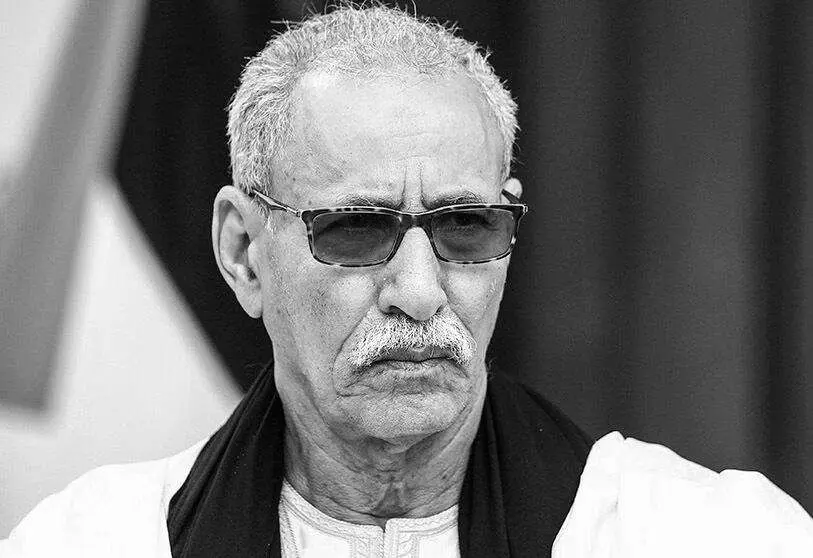On the brink between Madrid and Rabat

Morocco and Spain are on the verge of freezing diplomatic relations. If there is no substantive gesture from Pedro Sánchez's government towards the neighbouring country, there is a strong possibility that the Moroccan government will decide to expel the Spanish ambassador in Rabat.
This issue and other unflattering scenarios for bilateral relations were discussed at the emergency meeting convened by King Mohammed VI of his Security Committee last night at the Royal Palace, following the news of Brahim Ghali's departure on a plane belonging to the Algerian Presidency from Noain airport in Logroño to Algeria. On the discussion table around the King sat chief adviser Fuad Ali El Himma, head of the secret services Yassin Mansuri and General Abdel Fattah Louarak, inspector general of the Royal Armed Forces, the highest rank in the military hierarchy after the King. Among the possible reprisals Rabat could take against Sánchez's government are the suspension of anti-terrorist aid and the interruption of all contact between the two countries' intelligence and security services.
Several questions essential to understanding the crisis have been left unanswered by the gravity of the crisis:
- Why did President Pedro Sánchez rule out the possibility of sending Brahim Ghali to another country (Cuba, Russia, Switzerland) for medical treatment when Algerian President Abdelmadjid Tebboune asked him to do so?
- Why did the Spanish government accept that the Polisario leader entered Spain and was admitted to the Logroño Hospital under a false identity?
- Why did Pedro Sánchez disregard his Minister of the Interior, Fernando Grande Marlaska, who warned him of the foreseeable negative consequences that would be generated at the borders of Ceuta and Melilla with Morocco?
- Why did President Sánchez not want to communicate personally with Rabat to update him on the ongoing Operation Ghali?
- Why did it take Pedro Sánchez almost three weeks to give the go-ahead for Brahim Ghali's arrival (from March 29 when Algerian minister Sabri Boukkadoum proposed it to him, until April 21 when he was admitted to hospital), if the Sahrawi leader was suffering from advanced cancer and a serious contagion of COVID-19?
- What arguments did Algeria use to persuade Pedro Sánchez to accept Brahim Ghali, to break energy contracts, to suspend gas supplies through the MEDGAZ pipeline, to expose the million-dollar commissions of a large number of Spaniards at all institutional levels for contracts signed between Spain and Algeria, to reveal the hidden relations between the Algerian secret services and Spanish political parties, including those of the government, to reveal the hidden relations between the Algerian secret services and Spanish political parties, including those of the government?
- Did the Spanish government consider that Brahim Ghali's status had changed after he declared months ago the resumption of war with Morocco? Ghali went from being a political leader of a separatist movement to an armed leader in command of a guerrilla army of several thousand fighters who launched attacks against Moroccan military units and tried to cut the border crossing between Morocco and Mauritania.
- In this crisis, what are the roles played by the two parties in the government coalition, Podemos and PSOE?
- Has the Spanish government taken into account the catastrophic scenario that the suspension of economic and financial relations with Morocco would entail?
- Has the government of Pedro Sánchez taken into account the possibility of a terrorist attack provoked by uncontrolled elements or manipulated by third parties on Spanish soil?
- How does the Sánchez government explain to the Spanish public the fact that the Atlantic Alliance (NATO), which is the most important strategic defence umbrella that Spain has as a member of the Alliance, does not include Ceuta and Melilla among the cities to be defended?
- Does the government have any plan to get out of this crisis?
- Does the King of Spain, Felipe VI, have a role to play, or is he being held hostage by the president to prevent him from acting in this crisis?
As long as the coalition government presided over by Pedro Sánchez does not clear up these unknowns, the crisis will linger and become more intricate.

